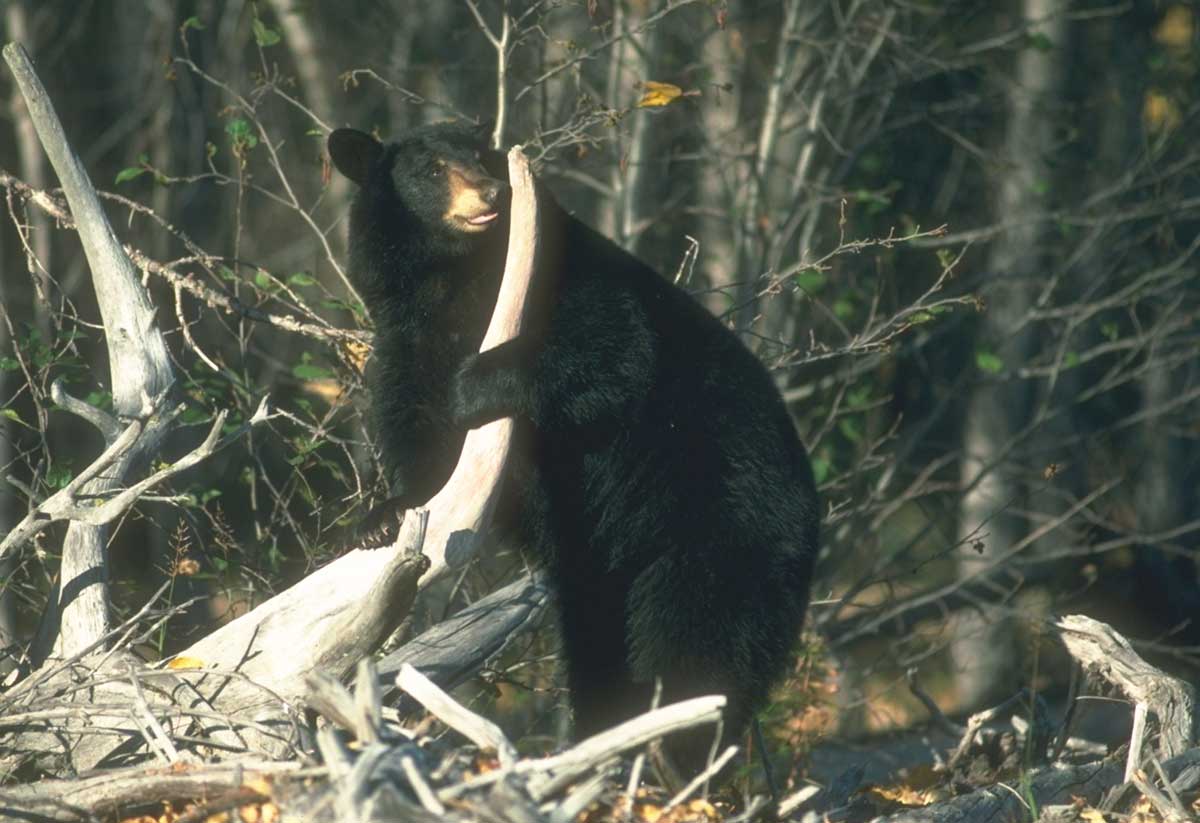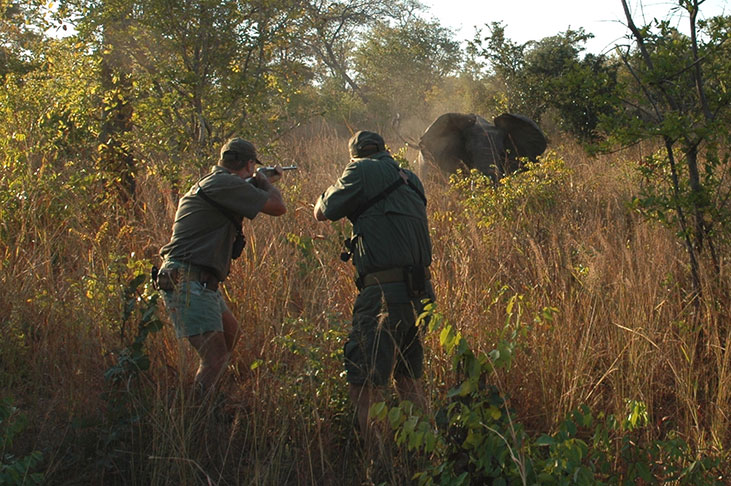This weekend, the Fish and Wildlife Service (FWS) published its 2023-2024 “Hunt-Fish Rule,” which opens additional hunting on three National Wildlife Refuges (Everglades Headwaters in Florida, Cahaba River in Alabama, and Minnesota Valley in Minnesota). The rule also finalized the FWS’ proposal to phase out the use of lead ammunition and fishing tackle on eight Refuges by September 1, 2026. These Refuges include three in Maryland (Blackwater, Eastern Neck, and Patuxent Research Refuge), two in Virginia (Chincoteague and Wallops Island), one in Pennsylvania (Erie), one in Massachusetts (Great Thicket), and one in Maine (Rachel Carson).
In comments on the proposed Hunt Fish Rule, SCI opposed the lead phaseouts. SCI supports voluntary programs and targeted restrictions, but the proposed rule offered no scientific evidence of any negative impacts from the use of lead ammunition and tackle on any of the eight refuges. And while SCI supported the limited new hunting opportunities on approximately 3,000 acres of public lands, SCI’s comment emphasized that the FWS could and should have done more. SCI’s comment asserted that “FWS seems to be prioritizing closing down the use of lead ammunition and tackle on refuges, which diminishes recreational opportunities on refuges.”
SCI, NRA, and Sportsmen Alliance Foundation recently intervened in a case in which we will defend the FWS’ decision to not prohibit the use of lead on Canaan Valley National Wildlife Refuge in West Virginia. SCI’s intervention in this litigation continues our advocacy efforts related to the use of traditional ammunition on federal lands, which focus on allowing hunters a choice in their preferred ammunition. Forced restrictions on lead ammo and tackle, without greater available non-lead options, is a hunting ban that cuts against SCI’s pledge of no net loss.




